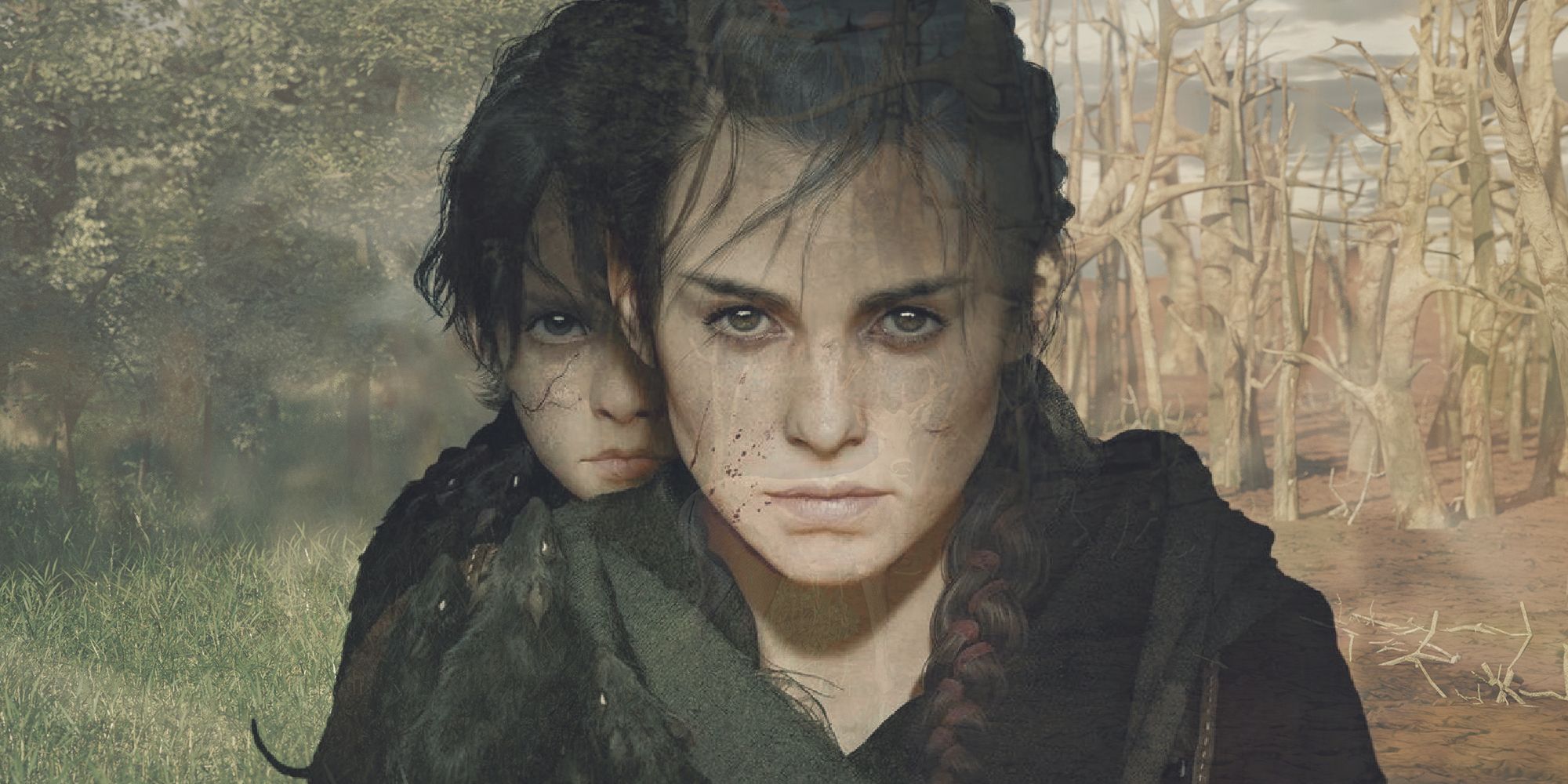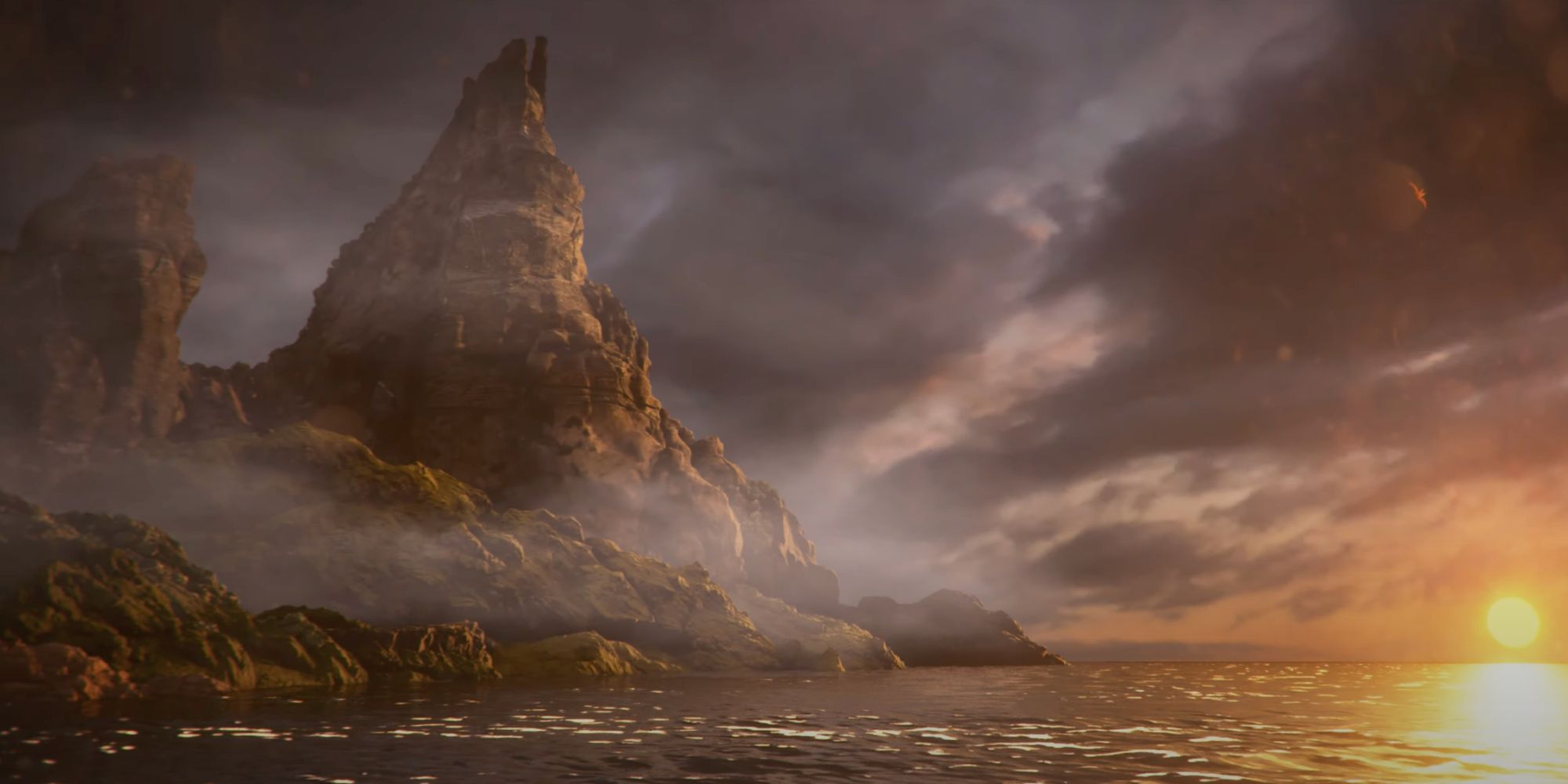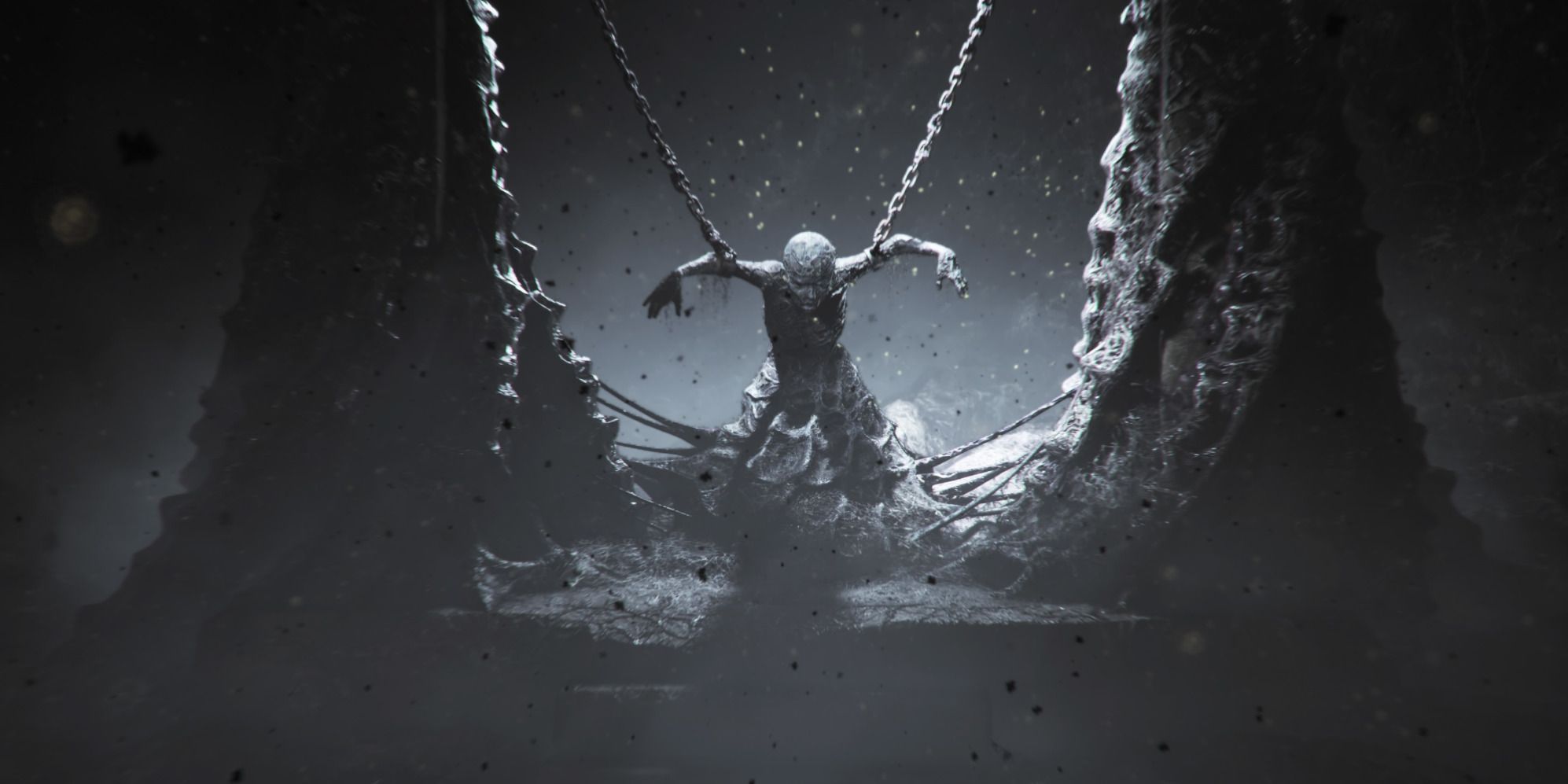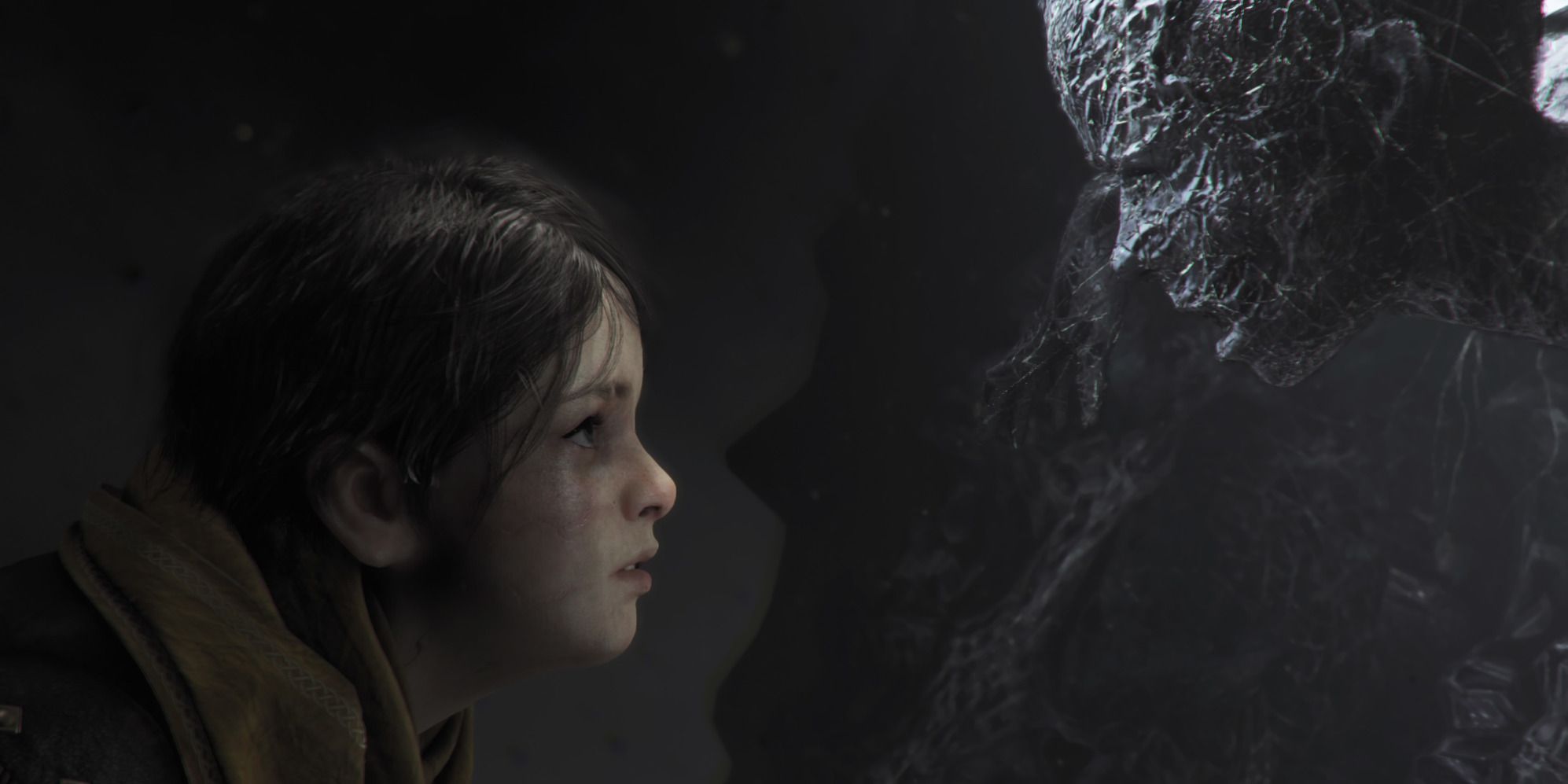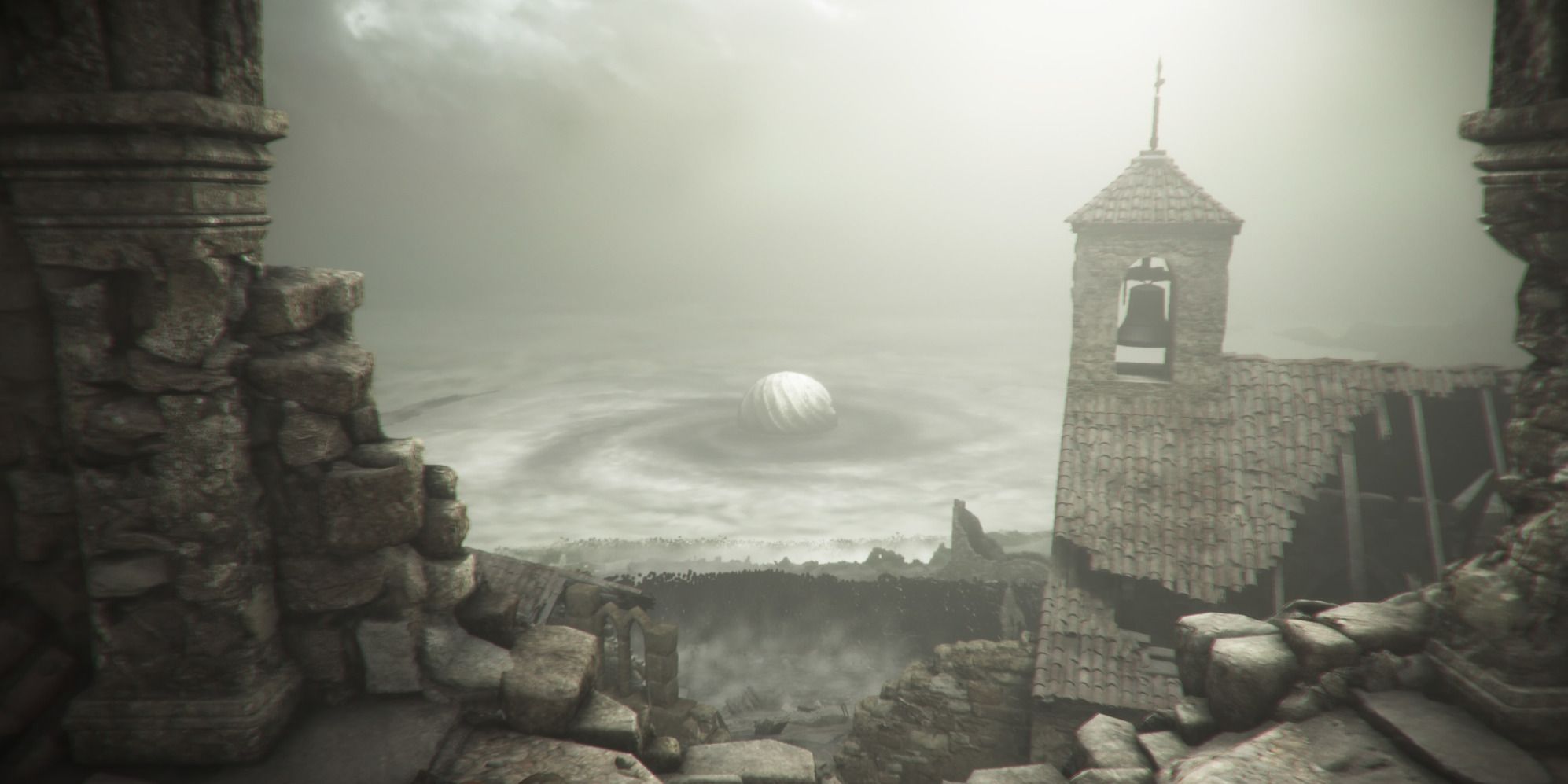A Plague Tale: Requiem is hopeless. It’s a miserable exploration of loss and grief and Amicia and Hugo de Rune’s few brief respites from suffering only set the stage for more hurt. The problem with Requiem isn’t just how hopeless it is, it’s how dangerous its message is. If, like me, you like looking beneath the surface of games and at their hidden plotlines, then Requiem is an allegory for climate change. More than that, it’s about how there’s nothing we can do to stop it. Major spoilers follow.
As I wrote in my review, Requiem is disappointingly despairing. Unlike the usual ‘kids against the establishment’ story, Amicia and Hugo’s journey doesn’t see them pluckily beating the odds and defeating the big, bad grown ups. They’re both slowly poisoned and twisted by the shit the adults shovel onto them, eventually becoming as violent and cynical as those they’ve opposed over the course of the two games.
Requiem's story revolves around curing Hugo of the Macula, which infests his blood and is the cause of the rat plague destroying France. Everywhere he goes, death follows. His mother, part of The Order, a powerful group of alchemists, has resigned herself to his fate. The Order believes The Carrier of the Macula must be imprisoned underground, left to rot alone before they reach the final threshold. Out of sight and out of mind. It’s what they’ve always believed and they aren’t going to change their minds any time soon. Sealing away the old carrier caused the Justinian plague, so it's not a safe solution. Amicia rejects this barbaric and archaic notion and instead runs away with Hugo to take him to an island he dreamed of, one with healing waters that will rid him of this burden once and for all.
It’s young versus old, hope versus despair, innovation versus tradition. As I was playing, I just kept thinking about how well Requiem reflects the ideologies of the old and the young in relation to the climate crisis. For many who won’t live to see the damage climate change will cause, they just won’t change. They’ve always done things a certain way and they’re fine, so why should they have to change to maybe help a world they won’t be a part of? They can just ignore the issue, bury it, but their refusal to act will doom the rest of us. For most of us who have a stake in this planet’s future, it often feels like a hopeless, uphill battle to get people to change their behaviours and fight for a better world.
When Hugo and Amicia arrive on the dream island, they find it to be a lush paradise free from the horrors of the plague. The people there live in ignorance and prosperity, but the plague befalls them too and leaves their Eden a wasteland. The sheer destructive force of the Macula is commented on often. The rats sheer cliffs off of the island and send them into the sea. They swallow cities whole and render land uninhabitable. They’re a force of nature that man doesn’t truly understand and can never hope to control. Its destructive capabilities are strikingly similar to climate disasters we’ve seen increasing in frequency in recent years.
Perhaps naively, I held onto the hope that the de Rune’s would come out on top and show the naysaying adults what belief and willpower could achieve. Amicia believes that if they can live a peaceful life, Hugo will be okay and the Macula will stay suppressed. But the island is a lie, the tomb of the previous carrier, and the adults keep fucking things up. They use Hugo for their own ends, exploiting him and pushing him closer to the edge. The game ends with Hugo passing the final threshold and things getting very Akira - he turns into a huge orb in the middle of Marseilles and creates a toxic cloud that blocks out the sun itself.
Amicia and Lucas, a young alchemist, run towards Hugo as tidal waves of rats wash over the city. Amicia fights to the very end, entering the orb where Lucas says all natural laws end. Here, a manifestation of Hugo comforts his older sister and tells her she needs to unlearn everything that’s been ingrained in her since the dawn of the plague. She has to stop fighting, stop resisting, and accept what’s happening. The Order was right after all. Hugo needs to die, all the pain and suffering was pointless.
There are several false choices presented throughout the game, but the only hint of one is right at the end. You can either sling a rock at Hugo’s head or wait until Amicia starts sobbing that she can’t do it. Lucas will instead shoot him with the crossbow, ending it all. After the credits roll, we see a baby with the telltale black veins that indicate the Macula is alive and well, destined to keep destroying the Earth. Action or inaction, the result is the same.
It is frequently reiterated that the Macula is a natural force that simply uses humans as conduits, yet any attempt to interrogate the way people treat Hugo and only worsen his condition is dismissed - Amicia is the one who needs to change, not the world. The message is dire and downright dangerous.
A Plague Tale: Requiem tells us that the Order is right, and the only way to prevent global destruction is to kill the Carrier. It’s an argument that parallels ecofascism, where culling large swathes of humanity to prevent overpopulation is the only way to stem the tide of climate change. Rather than fighting the status quo, looking for new solutions, and trying to live in peace, we should sacrifice the young and get on with it. It’s a bitter, hopeless message that douses Amicia’s fire for rebellion. I just hope it doesn’t snuff out the fire in its players, too.

